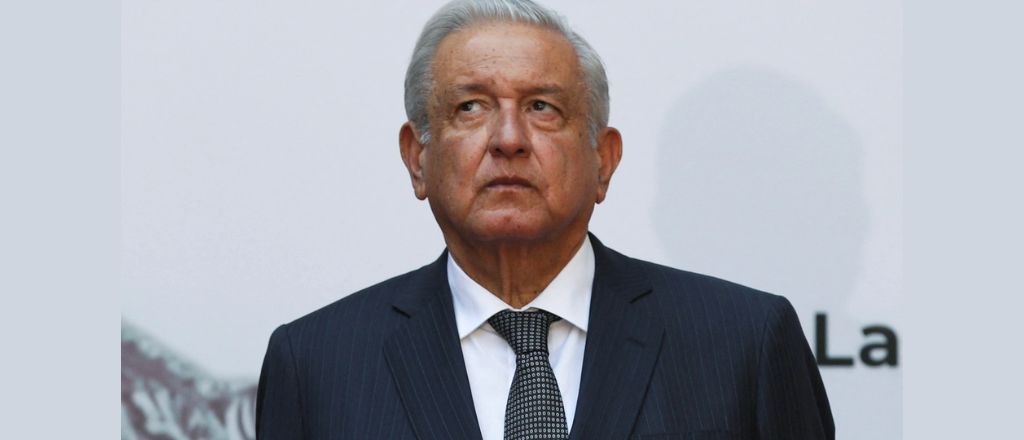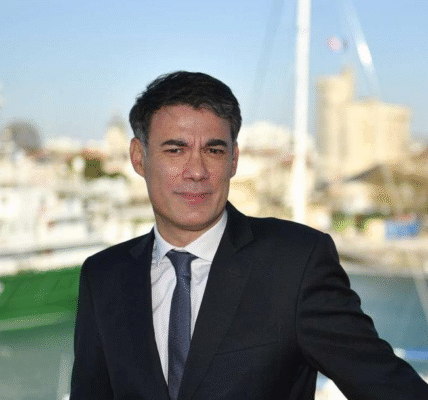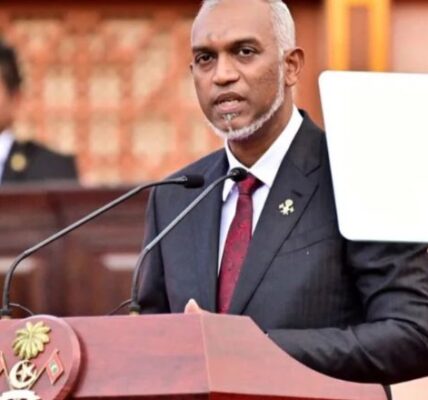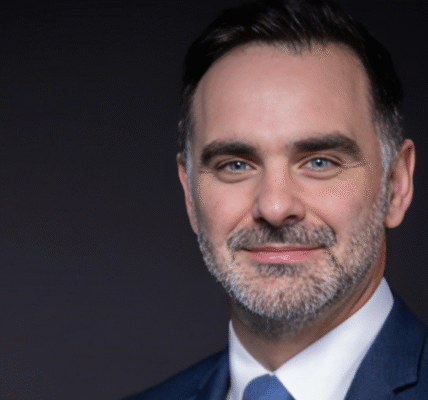Early Life and Political Ascendancy
Born on November 13, 1953, in Villa de Tepetitán, Tabasco, Mexico, Andrés Manuel López Obrador emerged as a prominent figure in Mexican politics, renowned for his populist ideals and grassroots activism. Raised in a provincial middle-class family, López Obrador’s foray into politics began during his university years at the National Autonomous University of Mexico, where he studied political science and public administration.
Initially aligned with the Institutional Revolutionary Party (PRI), López Obrador later shifted his allegiance, supporting the dissident presidential bid of Cuauhtémoc Cárdenas in 1988. This marked the beginning of his association with the centre-left Party of the Democratic Revolution (PRD), where he rose through the ranks to become a pivotal figure.
Champion of Reform and Grassroots Activism
Throughout the 1990s, López Obrador gained national recognition for his advocacy against environmental degradation and electoral fraud, particularly in Tabasco. His tenure as national president of the PRD from 1996 to 1999 solidified his reputation as a formidable organizer and mobilizer of public sentiment.
In 2000, López Obrador assumed leadership as head of the Federal District government, implementing progressive social and cultural programs aimed at uplifting marginalized communities. Despite his accomplishments, his tenure was marred by corruption scandals and persistent security challenges.
The Pursuit of the Presidency
López Obrador’s quest for the presidency began with his unsuccessful bid in 2006, followed by another attempt in 2012. Despite his populist appeal and grassroots support, he faced formidable opposition from traditional political elites.
Undeterred by setbacks, López Obrador founded the National Regeneration Movement (MORENA) in 2014, positioning himself as a champion of anti-corruption and social justice. His perseverance bore fruit in 2018 when he clinched a decisive victory in the presidential election, breaking the decades-long dominance of the PRI and PAN.
Challenges and Achievements in Office
Assuming office amidst high expectations, López Obrador embarked on an ambitious agenda to address entrenched inequality and rampant corruption. His administration prioritized social welfare programs and labour reforms to uplift the most vulnerable segments of society.
However, López Obrador’s leadership style and handling of key issues, such as the COVID-19 pandemic and security concerns, drew criticism from various quarters. Despite his efforts, Mexico continued to grapple with economic challenges and escalating violence.
Legacy and Continuing Political Influence
As López Obrador’s presidency unfolded, his populist rhetoric and policy initiatives faced scrutiny and debate. While his supporters lauded his commitment to social justice, critics raised concerns about his confrontational approach and the efficacy of his governance.
As he navigates the complexities of Mexican politics, López Obrador remains a polarizing figure, shaping the country’s political landscape with his unwavering determination and populist agenda.
Conclusion
Andrés Manuel López Obrador’s journey from grassroots activism to the presidency embodies the complexities of Mexican politics. As he confronts ongoing challenges and seeks to fulfill his vision of transformative change, his legacy continues to evolve, leaving an indelible mark on the nation’s political landscape.





